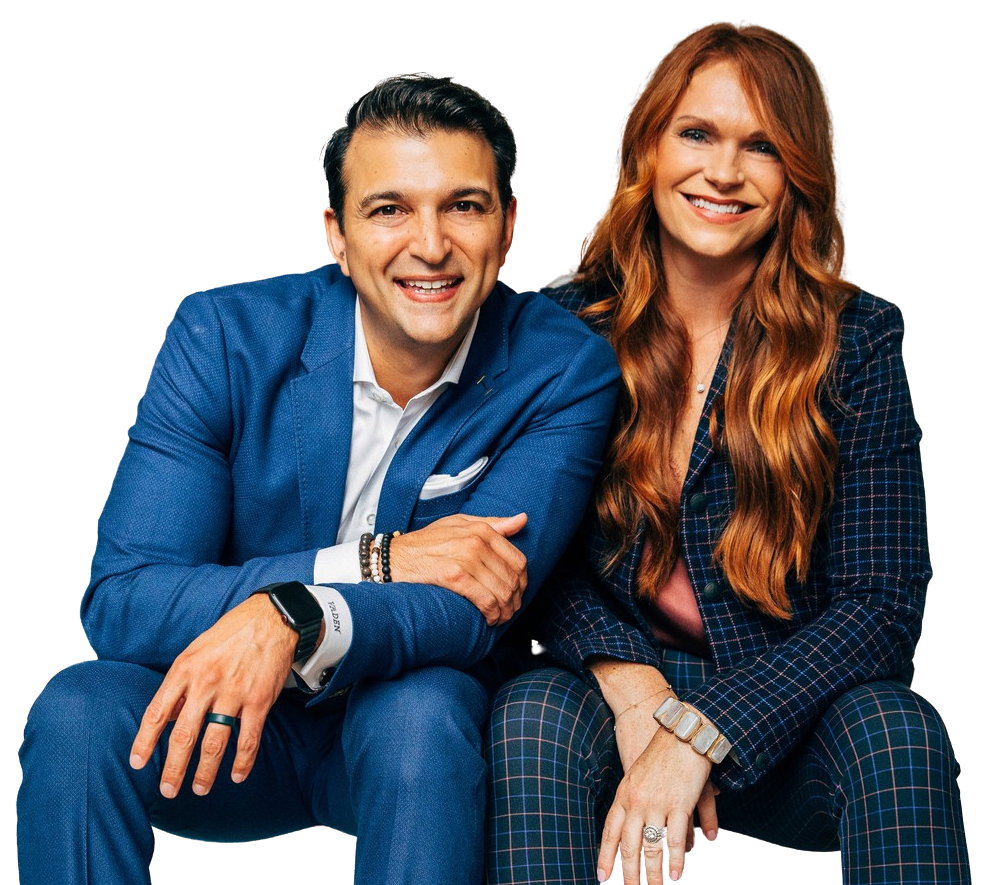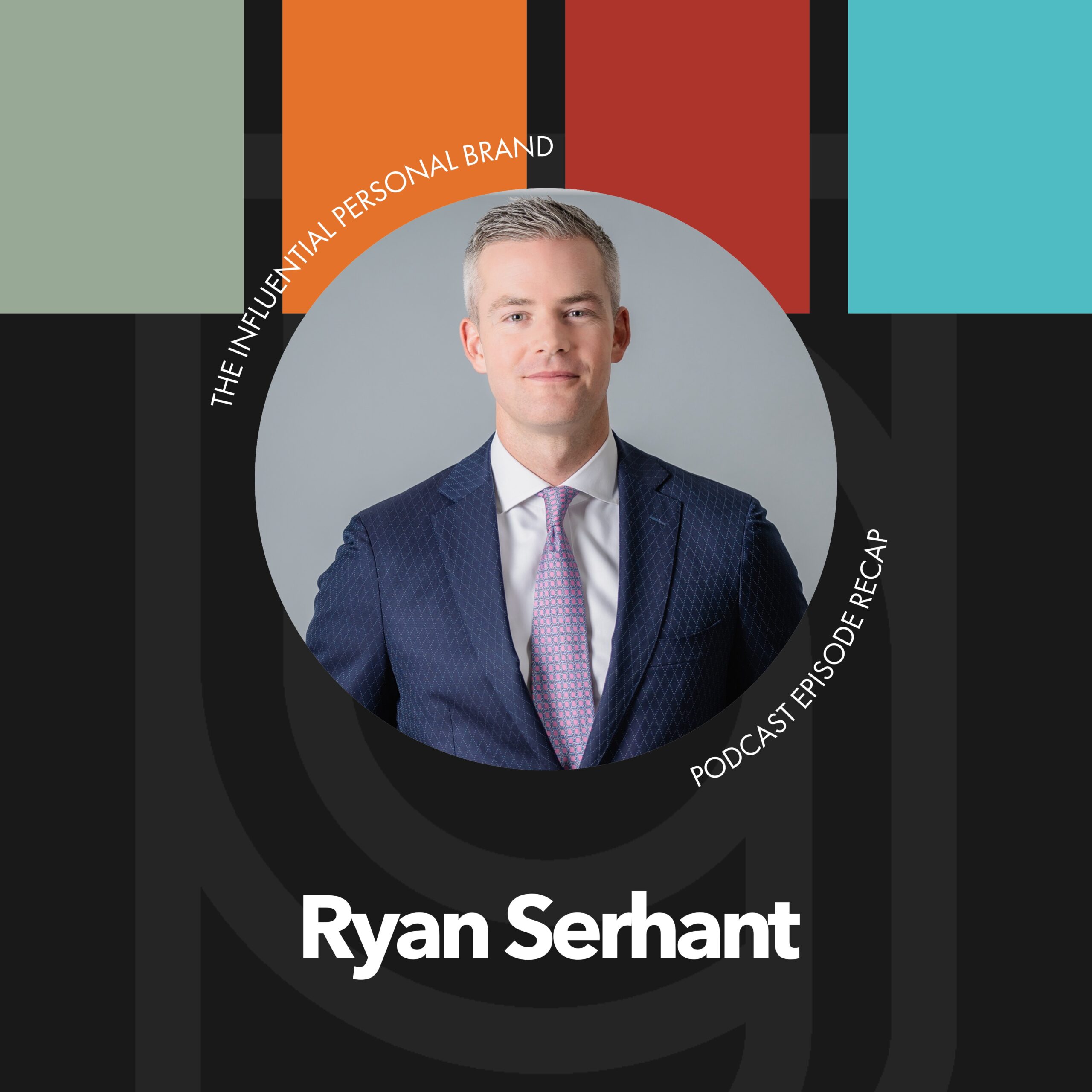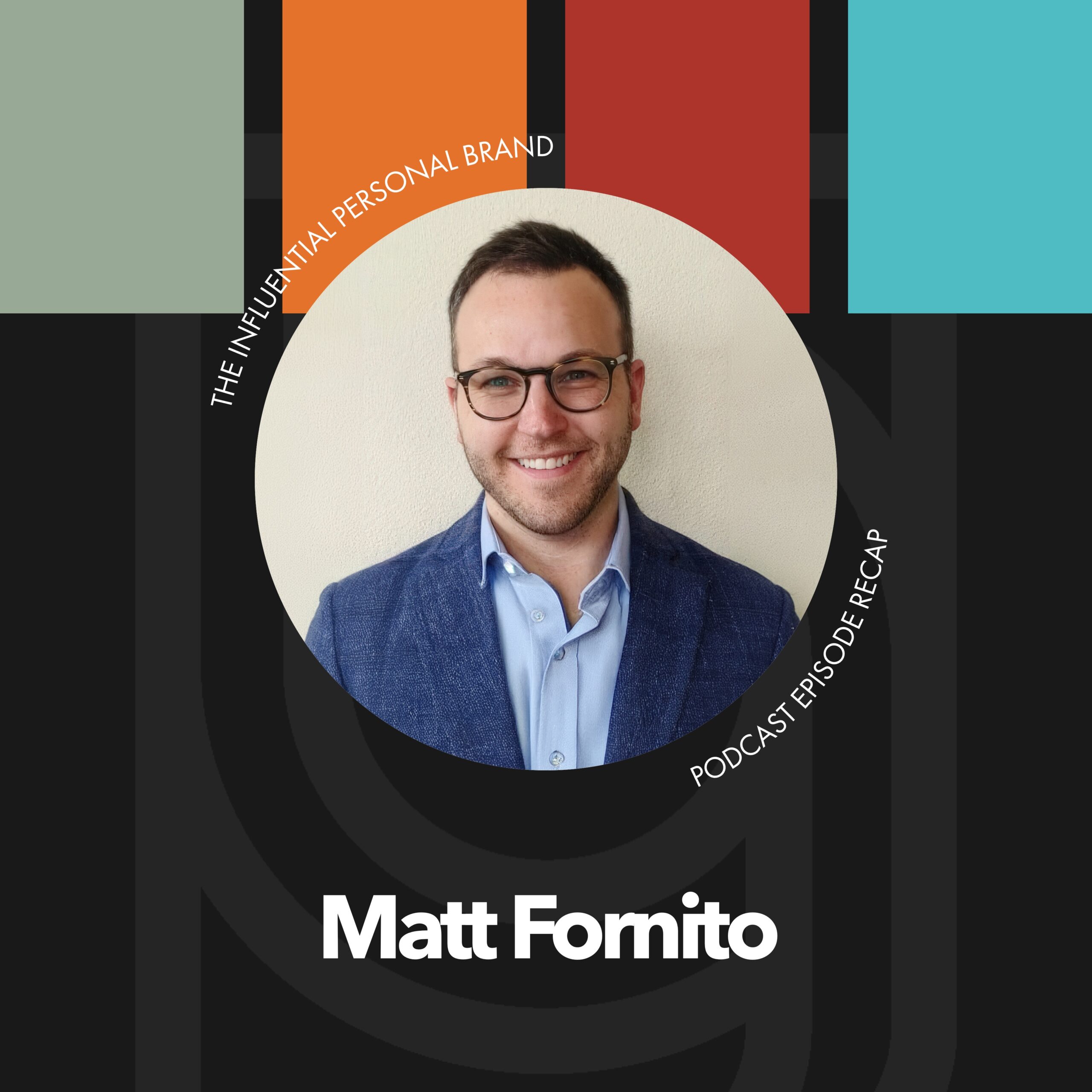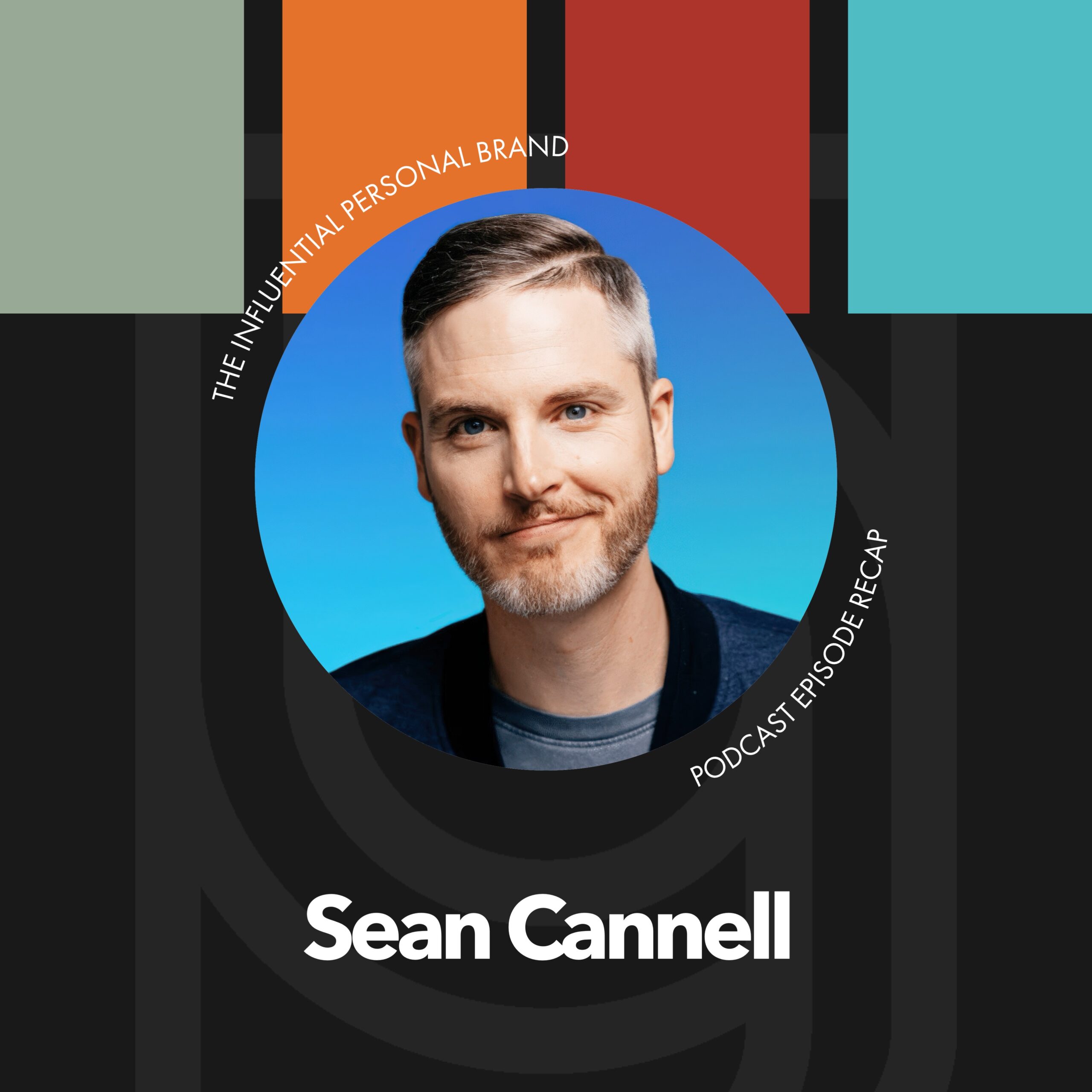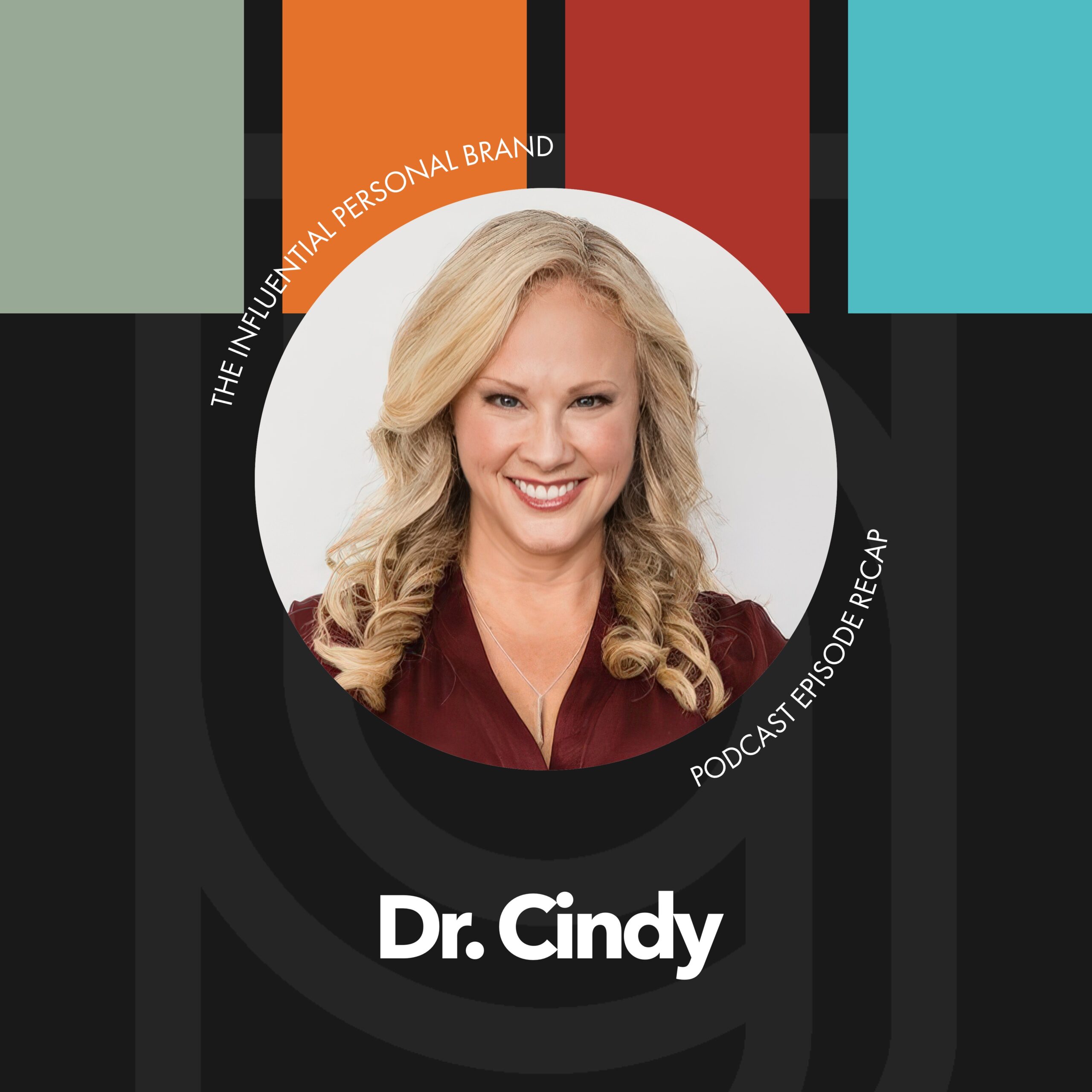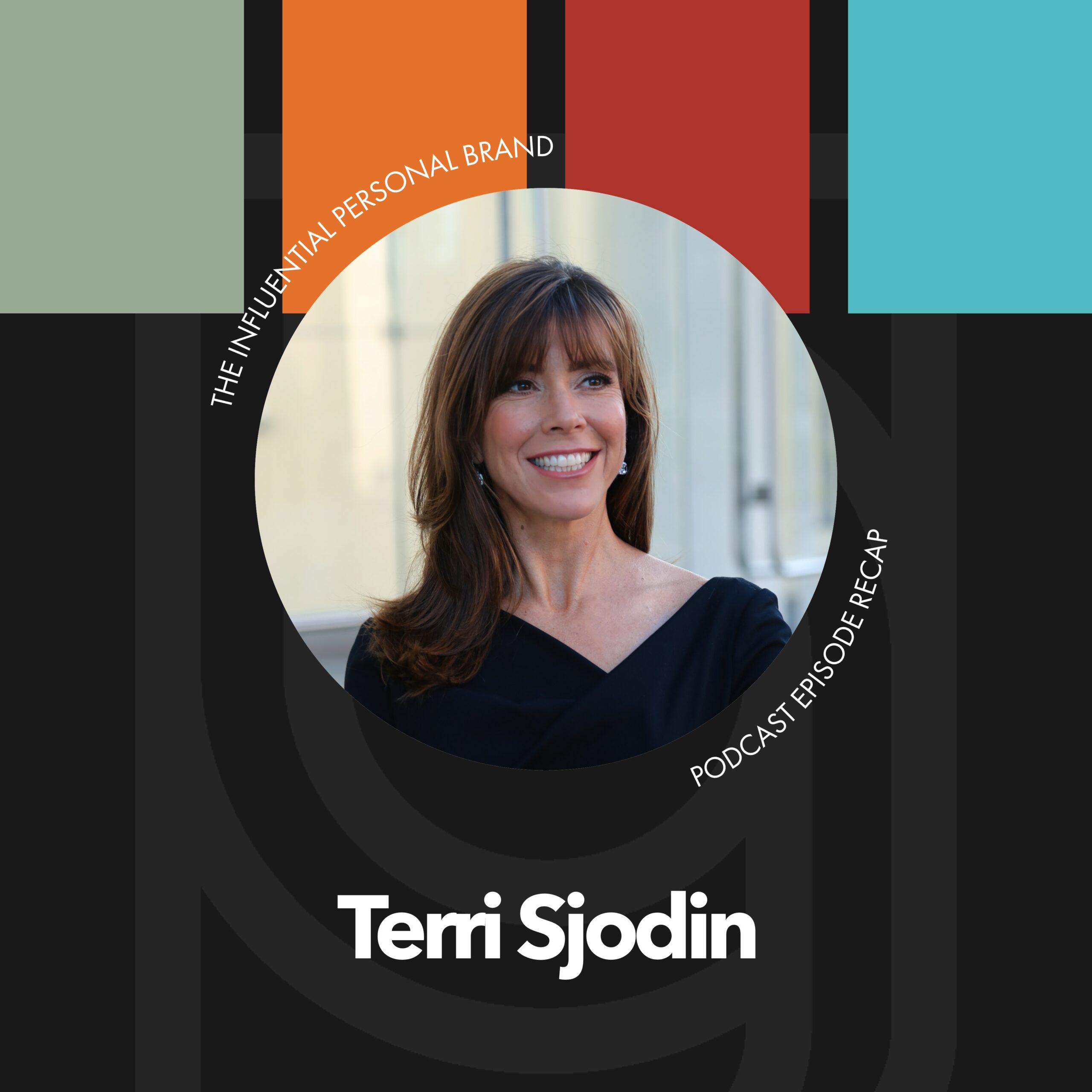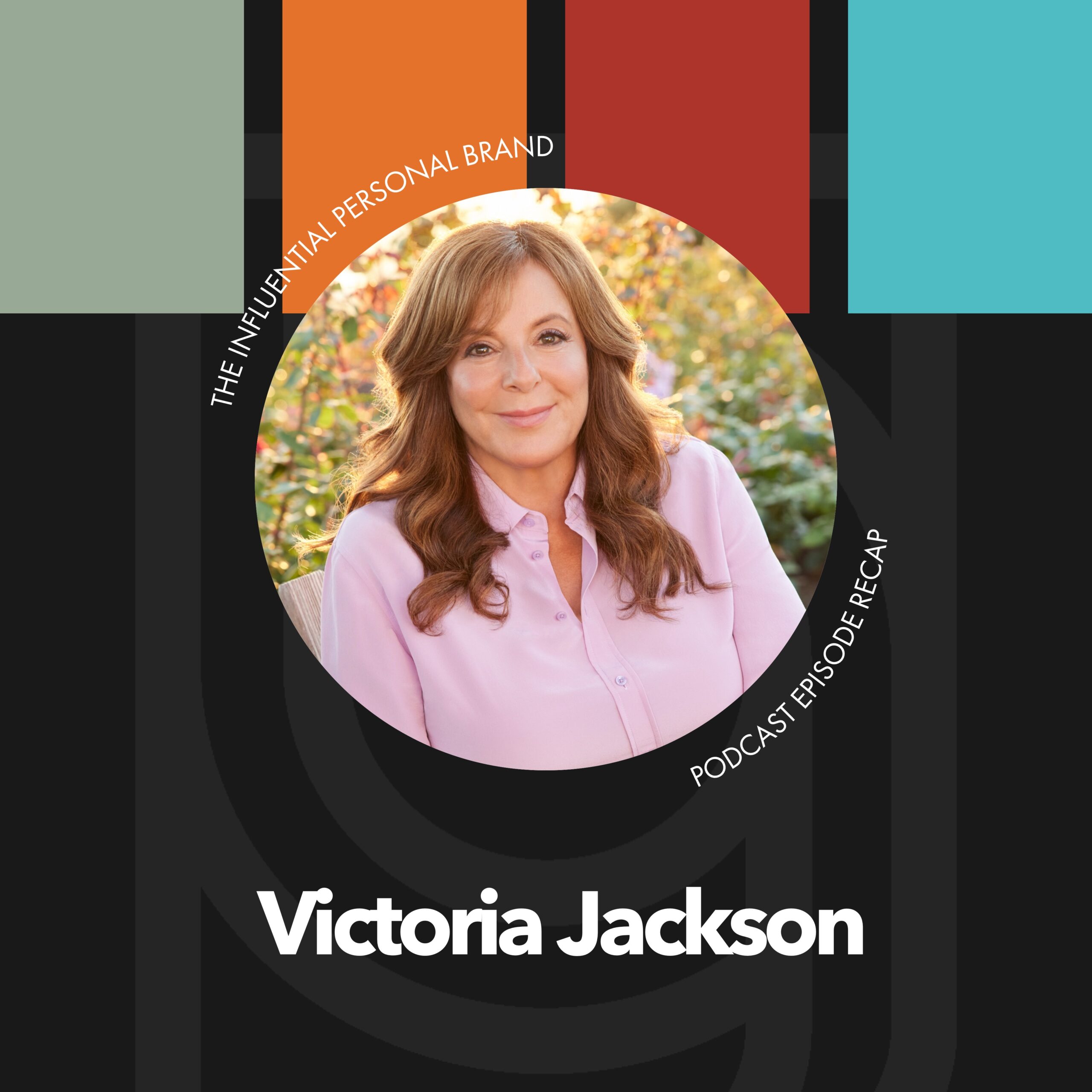RV (00:02):
A bit of nostalgia for me on this edition of the influential personal brand podcast recap, because we’re breaking down the interview from John David Mann, who was my very, very, very first media appearance ever. He was the, yes, he was the, he was the first person from the media, whoever interviewed me for an article. And it was a really nice feature article and that was like full, full, full circle. So as you can hear, I’m joined by my partner, a J Vaden, the CEO of brand builders group. We’re talking about how to be a better writer, although as John David Mann says, which I love he’s he, his new ebook is called how to write good or at least good or great. So AIJ why don’t you kick us off, we’ll share our top three takeaways each of, of, of what, what we pulled out and what we learned from John David Mann.
AJV (01:02):
This first one I had, this was so good is that the hero of this story is not a person that the hero of a story is a concept or an idea. I just love the whole idea around not making any one person the hero, because there’s never a hero. There are heroes in every story. And how do you define who is the hero of a story? I think really demotes all of the other contributions to the other characters real life or in fiction. And so removing that fresher away from a person I think just elevates everything that you do and you go, no, the hero is not a person. The hero is a concept or an idea that might be taught by a person, a character, but it is not that person. It’s the idea or the concept itself. I thought it was so good.
RV (01:56):
That’s so good. You, you took it right. You took it right off my list. That was my number one. Takeaway, have the hero be a concept or an idea and not a person and what it made me, what it made me think of. So you know, so one of our events that we have is called bestseller launch plan, and it’s very specific around, we teach the mechanics of how do launches work and how do bestseller lists work and dah, dah, dah. And, you know, we go through this whole thing and this whole system, there’s a ton of stuff to know and learn. It’s just one of my favorite events that we have. But one of the, one of the moments at the, at, towards the very end of the two days is we say there is no such thing as a New York times bestselling author.
RV (02:40):
There is only such a thing as a New York times bestselling team. There, there is only such a thing as a New York times bestselling team. It’s a group of people like that. That that’d be true. I mean you never, nothing great in the world is ever accomplished. Single-Handedly great. So I, yeah, you, you, you nailed it what a cool idea and what a cool way of writing to go. Okay. Even if you have a hero character in the story, the real hero has to be bigger than that, bigger than a character. Cause that’s, that’s the truth of, of, of the real world and the human experience. So yeah, we both have the same first one. Yeah.
AJV (03:26):
And my second one is kind of similar to that along this character idea. And a lot of this conversation right, is around like writing. So writing books, writing articles by writing, but I thought this was really interesting. It’s spend as much time getting to know the character, the voice of whatever. You’re writing a blog and article a, but spend as much time asking yourself who is this character as you do anything else, it’s like a, I think he would have said, is, are you sad? Or he said, I don’t remember, but I know the character better than you know yourself, right? It’s like, ask yourself, like, who is this person? What do they do? What do they love? It’s a find out all the intricacies of this character then start writing. And I think you could do the exact same thing if you’re not writing like fiction, but you’re writing to your audience is you must know your audience that well.
AJV (04:19):
So this is a huge part. And I think what connected to me as we spend a lot of time at brain builders group and our signature content called finding your brain DNA helping you really define who is your core target audience. And we spend a lot of time on this, like, who is your primary audience? Who is your secondary, who is your tertiary? Who is that ideal avatar? And when we get to that ideal avatar, who is in the very core focus, like right here in the middle, like right here you need to know every single thing about this person. And so we have a list of like 30 questions that we go for. It’s like, what are their dreams? What are their hopes? What are their aspirations? What are their fears? What are their limiting beliefs? What questions do they have?
AJV (04:58):
What do they like to eat? Drink? Where did they live? Are they married? Are they single? Are they divorced? Right? It’s like, how many kids do they have? What are their kids’ names are their kids’ ages? Like we really build out a profile and it’s for this reason, right? It’s like, you have to know your audience as well, as you almost said, as good as like, we’ve got good in my brain, as well as you know yourself. So ask yourself, who is my audience, or who is this character? And focus on that before you start worrying about content, because the content is only going to be relevant if you know exactly who it’s for.
RV (05:34):
So once again, you have taken the words out of my mouth on my second, my second takeaway, which is that characters develop through curiosity about who they really are. And w th the so, so amen to everything you just said, that’s exactly what I was thinking. One nuance to add to this conversation is specifically in the area of humor, when you are, when you are trying to add humor to a presentation, a lot of times humor is revealed naturally through stories by just asking yourself who are the characters and how they would interact together, of course are probably number one. Favorite TV show of all time is modern family.
Speaker 3 (06:21):
Definitely, definitely.
RV (06:23):
And, and, you know, if you, if you, if you step back and you look at modern family, it’s basically, there’s a bunch of characters who are all very strong. They all have salient features. And then each episode is they just, they just mix and match different characters together in a scene. And I don’t know for sure if this is how they do it, but we’ve watched it so much. I have to think this is what they do is they go, okay, let’s take Jay and Gloria and, you know, Phil and put them at a carnival, what would happen? And so they just, they take these characters and they, they, they never run out of ideas to write because they’re exploring the depth of not only each character, but how would that character interact with another character? And you could just, you know, put, pull these together.
RV (07:15):
And so it’s just, I think really, really brilliant. You can tell that you know, John is an amazing writer. Again, you probably heard this in the interview, but if you don’t know this, he, he was the co-author of the Go-Giver with Bob bird, which is one of the best-selling non-fiction books of all time. And probably in my top five favorite books. I mean, it’s just, it is an amazing book. And so this characters, it’s like, there’s there’s room for humor and entertainment and depth and emotion drama. Yeah. All, all the things. All right. So AIJ why don’t you go ahead and just tell everyone what our third takeaway is, even though you don’t know for sure what mine is there it’s
AJV (07:57):
Possible. There’s often interviews where it’s like, well, we’re probably going to have the same ones which is always fine too. But my third and final one is that I just know so many people who would have what they call writer’s block. And I would really like to say, there is no such thing as writer’s block, there’s only memory block. And this is what I mean by that. It’s like the only reason you’re not writing is because you’re not remembering all the things that you have to write about. Right? It’s like, you know, you have memory block, not writer’s block. Like somehow you have forgotten about all the events that have happened to you or to someone, you know, or to someone that, you know, know someone, you know, right. There are these stories and these events that happen all day long, every day, all around the world in your life and in the lives of those around you.
AJV (08:49):
And then when you sit down to write, you forget about all of them, right. And it’s not my first block, it’s a memory block. It’s like, somehow your memory, just those white. Right. And you don’t remember all the things that have happened to you. Hardships, successes, failures, happy moments, surprise moments. And it’s like, instead of trying to figure out what should I be writing about? It’s this think about all the events, all the stories that you’ve had in your life. And then what was the point or message behind that? What did you learn from that? What did someone else learn from that? But it’s like, I believe that truly every great piece of content that I’ve ever read, book, article, interview, whatever, there is a story behind it. And it’s like the whole message or the point of the story happened because it happened to someone like it was a real life event.
AJV (09:37):
And so it’s like, as you get going into writing, it’s like, just ask yourself, like, what does this look like in real life? So if you are a, you know, in my example an entrepreneur is like, what does entrepreneurship look like in real life? It’s messy. Right? It’s messy. And what does it look like for a working parent then it’s real messy. And what does it look like for a working parent of two toddlers during COVID? Well, it, then it’s just frigging chaotic, right? So it’s like, what does it look like in real life? And let that be the conduit for your content and what you write about and what you talk about. You don’t actually have to come up with much. You just have to remember all of the things that already are happening all around you every single day, and then use those as the template, the outline for your content.
RV (10:28):
Yeah, that’s good. I mean, that’s really good if you just you know, and we always say, if you’re your most powerfully positioned to serve the person you once were, and that happens through what you’re doing, what you’re talking about is telling stories about your life and you never run out of, you never run out of stuff to say you get 24 hours of news stories every day, or maybe not 24 hours, but lots of hours. So that my third one actually was different. And th this was a very technical, technical writing tip, which I, I love because I love the technical tips. He said this, which I thought was super eloquent. He said, suspense is creating questions. And then unwrapping details on the way to an answer. Suspense is creating questions and then unwrapping details on the way to an answer.
RV (11:24):
And there’s, there’s so many parts of this that I love. So one is what is suspense? It’s creating questions. It’s going, what’s going to happen? Why did they do that? Where is this going? You know, what’s the next step. And, and that’s part of what creates engagement is that is suspense. That’s what draws the audience in is it’s, it’s creating these questions. And then this is the part I love unwrapping details. What a illustration and way to think about telling a story. It’s like a story is a gift that you slowly unwrapped for people. And you expose a little bit more and a little bit more and a little bit more, you know, on the way to the answer on the way to this wonderful destination, where you, where everything comes together. And there’s this, this, you know, this moment where there’s a lesson the, the questions are questions are answered. Problems are solved, lessons, lessons are learned. And I just thought that was super cool. And, and to go, oh, if you want to create more suspense, all you have to do is create more questions. And don’t leave and don’t leave a question, unanswered, answer the answer. You just answer them one at a time and, and make sure you systematically work your way through. So I, I thought that was just delightful.
AJV (12:47):
It’s good. That’s a very good technical dev. I like it. I like
RV (12:50):
It. I think in my you know, it’s funny. Cause I started with like when I was a teenager, my dream was like, I want to be a speaker. And I think as I’ve gotten older, it’s like, I more really loved writing and it’s like, I want to be a really great writer. And you know, this is, this is really cool. So getting a chance to learn from one of the best writers of our time, John David, man, what a tree go back, listen to the episode check out his new e-book how to write good or at least. Yeah. Which I just love was so great. And then share this episode with someone in your life who wants to learn to be a better writer or just a better storyteller in general. Leave us, leave us your comments on social. Come say hi over on Instagram to me or LinkedIn to AIJ. And keep coming back. We’re grateful. You’re here. We’ll keep that. We’ll keep the content coming. We’ll catch you next time on the influential personal brand.



